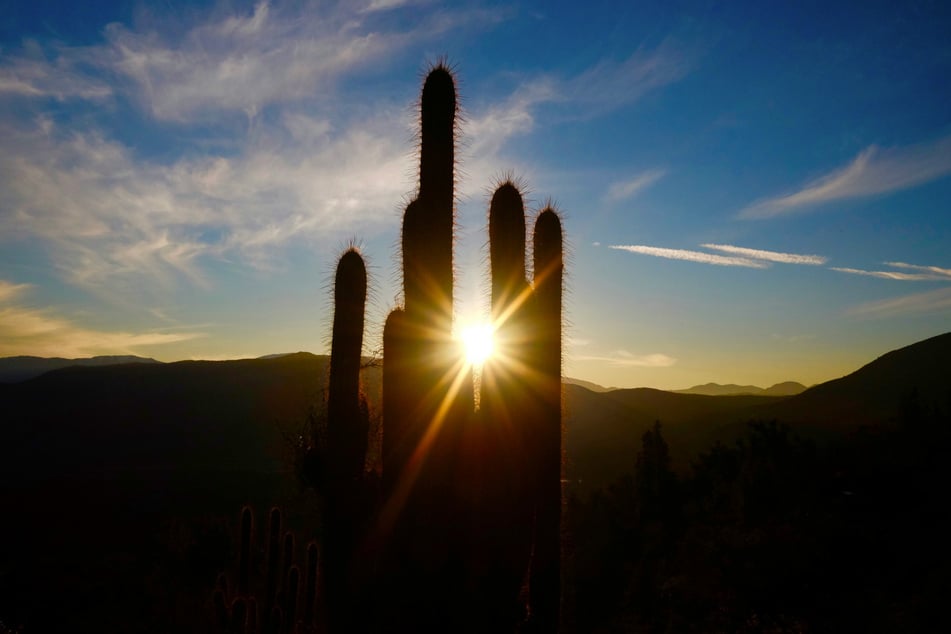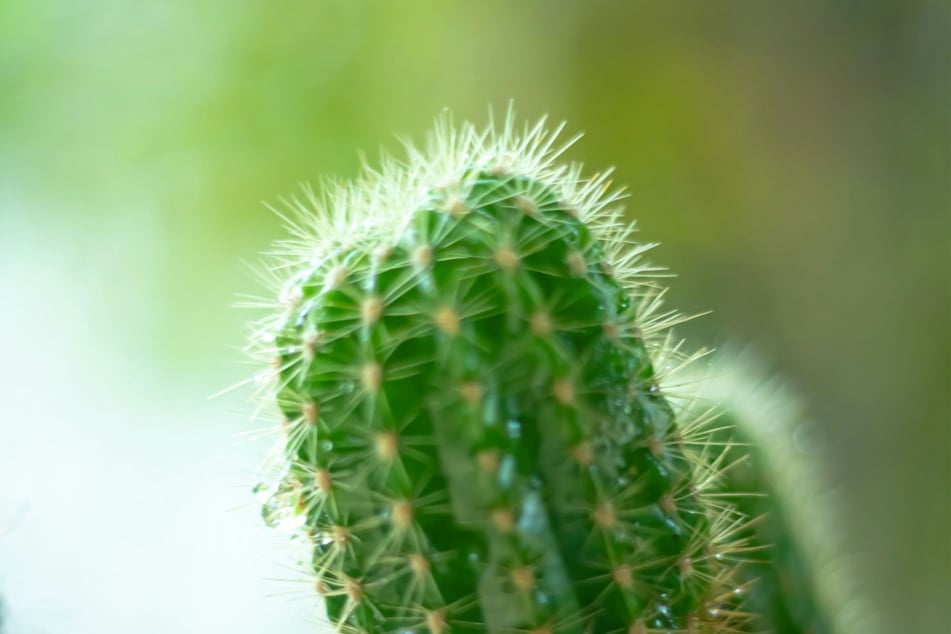Unique US plant species goes extinct in unprecedented event linked to climate crisis
John Pennekamp Coral Reef State Park, Florida - A recent study has revealed that a unique plant has gone extinct in the Florida Keys largely due to the impacts of rising sea levels and the climate crisis.

The extinction of the Key Largo tree cactus is something of a first, indicating what the report calls a "global biodiversity crisis" that comes not just from global warming and the changing climate, but from the rapid average increase in oceanic water levels.
"Though not endemic to the islands, the Key Largo tree cactus was known in the United States from only a single population in the Florida Keys," the study published in the Journal of the Botanic Research Institute of Texas said.
The plant still exists elsewhere in the Caribbean, particularly in Cuba and Puerto Rico.
The report reveals that in 2011, 150 individual plants were located at a specific spot in the John Pennekamp Coral Reef State Park. Over the following decade, the cactus has seen a rapid decline, due to animal attacks and saltwater flooding.
"Its decline and imminent extirpation correspond with rising sea levels in the region. The other cacti in the region, and all rare plants in the Florida Keys, are threatened with a similar fate," researchers warned.
Rising salt water a particular problem for global ecosystems

When the ocean rises and inundates an area, the salt in the water can cause serious damage to local plants and wildlife. The danger increases especially when plants are swamped for longer periods of time.
"Too much salt is just a stressful environment for most plants," study co-author James Lange told CNN. "Their structures are just not set up to deal with it because they’re no longer getting any freshwater – they can’t feed their bodies."
George Gann, president of the Institute for Regional Conservation and another co-author on the study, said that the loss of the key largo tree cactus is "an indicator of a bigger problem," per CNN.
"This is just one example of what’s happening to dozens of species, and people need to understand that if we don’t do something, this loss is just going to accelerate."
Cover photo: Unsplash/Thomas Griggs
